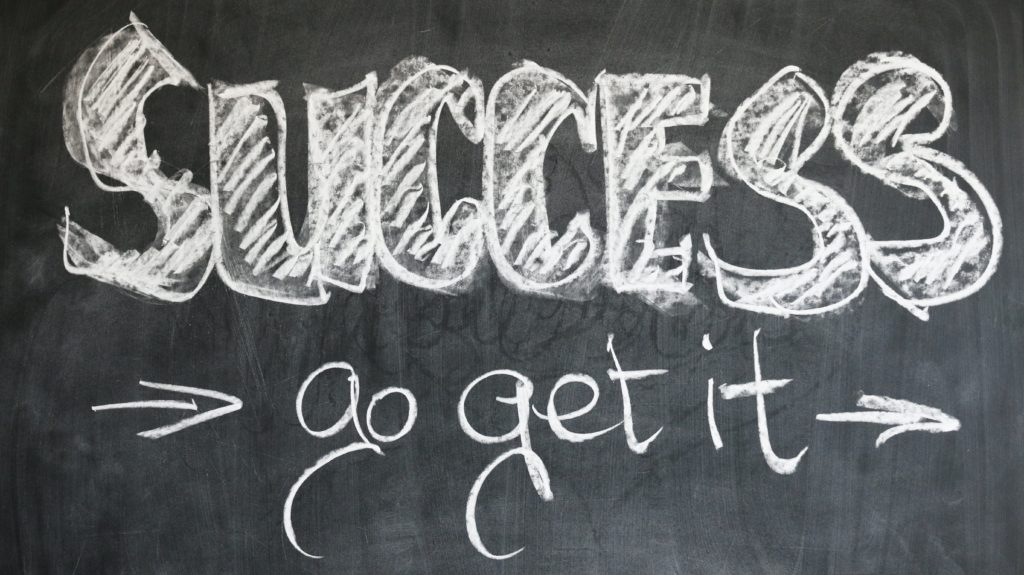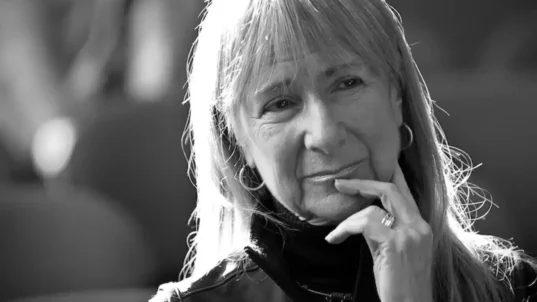
Photo by Gerd Altmann from Pexels
Dr. Gretchen Whitmore was in her first year of teaching an upper-level social science course. She had decided to use a student-centered discussion approach as her primary teaching strategy. She believed that students would learn the course material better if they were to develop and apply many of the key concepts on their own through discussion.
The student discussions, however, fell short of her aspirations. She had worried that disagreements would erupt and sidetrack the discussions. But, after two weeks of observing the discussions, she concluded that the students were simply being too nice to each other. They weren’t challenging each other’s ideas. They didn’t seem comfortable with disagreement. As a result, their discussions were often narrow and superficial. They did not develop much of a range of possibilities, and rarely did they dig into the complexities of the issues under discussion.
Whitmore asked a more senior colleague for guidance. “What you’re seeing is a trait of the cultural backgrounds for a lot of our students here. They’ve grown up being told to be nice and respectful. That’s generally a good trait, but it can get in the way in a class like yours. They have a tough time disagreeing with someone because they think it’s being disrespectful. You can point out this problem to them, but I’ve never been successful in having that change behaviors. What I suggest you do is to take advantage of another of their cultural traits. Our students tend to be very success driven. Why don’t you set up a competition among your discussion groups? You might say the winning group will be the one that shows they’ve identified and explored the widest range of perspectives or dimensions relevant to the topic. Or perhaps the winner will be the one that has developed a range in possibilities in some depth. You can use choose the winner from the best discussion summary submitted from each class period.”
Dr. Whitmore took the advice. Her students’ response to the competition was amazing. They started challenging each other’s ideas in a way that she had never seen before. The way they challenged one another was respectful and in line with their cultural backgrounds, but every group would no longer accept narrow lines of inquiry or bland possibilities.
When Dr. Whitmore announced the first winner, she also pointed out why that discussion summary was better than the others. She was surprised to see that the groups would build off her comments to improve their discussions. Over time, she captured her comments as guidelines that she could use in future classes to help make their collaborative discussions more successful. What pleased Dr. Whitmore the most was that every group became a discussion winner during the semester. In fact, the number of wins was fairly evenly split among the groups.
Competition is often used to drive improvement in markets, sports, research, and other aspects of our society. What Dr. Whitmore discovered was that competition can also lead to positive changes in cultural barriers to effective collaboration. Introducing competition seemed counterintuitive at first, since her ultimate goal was to help each group improve the quality of their collaboration. As she reflected on this experience, she began to realize how important her feedback was to improving the discussion abilities of each group. Normally competitors don’t share their secrets to success. As a result, competition can become demoralizing to those who don’t win. You might see them give up. Dr. Whitmore didn’t want that to happen. The feedback she provided helped sustain a level playing field for the discussion groups while constantly raising the level of expectations. What Dr. Whitmore learned from her class also became a research interest of her own: the use of competition for reducing cultural inhibitions.
You can find more guidance for student-centered classroom discussions at the Interactivity Foundation’s Education Resources page.
* * *
“The beginning of a thought is in disagreement – not only with others but also with ourselves.” – Eric Hoffer (moral and social philosopher)
This post is part of our “Think About” education series. These posts are based on composites of real-world experiences, with some details changed for the sake of anonymity. New posts appear on Wednesdays.



